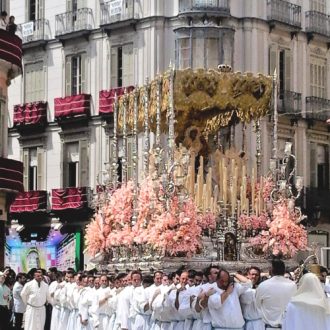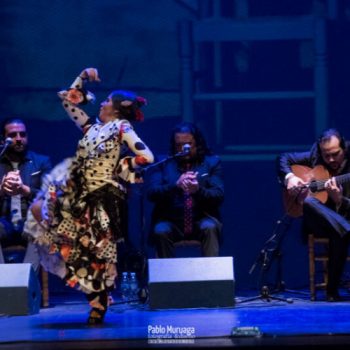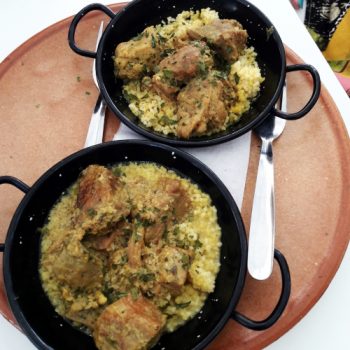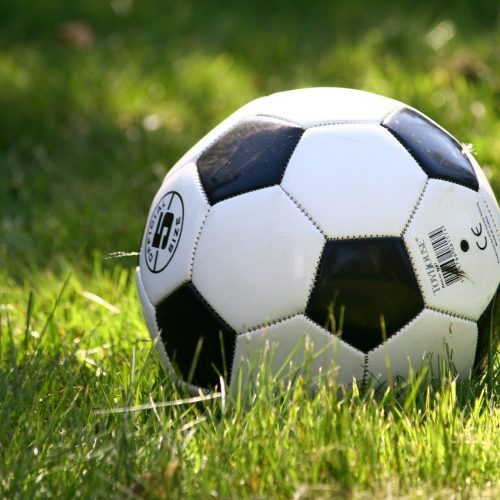
Fútbol as a Religion in Spain
Dear Mari,
At some point during my sociology studies in Spain (read more about it here and here), we got stuck on the subject of fúbol—football in Europe or soccer in the States—and how it is almost like part of their national religion. I found this incredibly interesting because the society we have today may just be the least religious in the history of humans. Religion has been a way to bring people together across time and space; it is a way to get communities to think and act as one. However, in the 21st century we find that there is a lot of movement away from the traditional religions and we are finding other ways to stick together.
In Spain, we can see that they still define themselves as a Catholic country (even if they don’t always seem so Catholic like we talked about in this post). At the same time, we can also see how non-religious norms, celebrations, and expectations of the population are starting to change. And one of the things that is taking a more prominent role in everyday life is fúbol—from the weekly games to the amount of importance that it gets during events like the Champions League or the World Cup, fúbol plays a big role in the lives of many Spaniards.
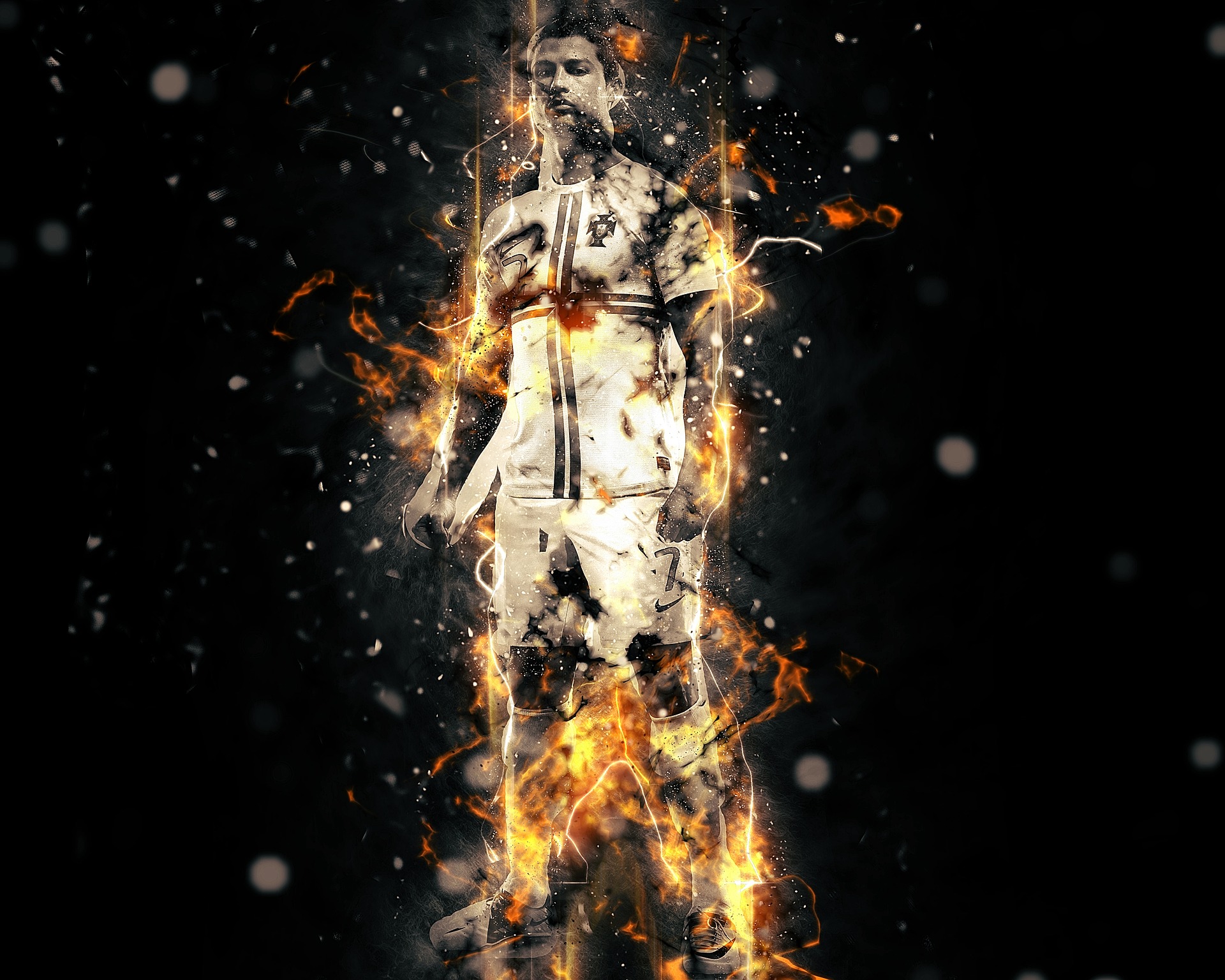 How do I define religion?
How do I define religion?
Before I argue that fúbol in Spain is like part of a national religion, I first want to be clear on what I mean when I say ‘religion.’ I think this is especially important when talking about topics such as this (or politics—read this article to understand why I avoid talking about politics). This is because it is so easy to offend someone when you think you are talking about the same thing but the two of you are actually talking about two completely different ideas but giving them the same name.
So, today I am sharing a basic Wikipedia definition* of religion, which “is a cultural system of designated behaviors and practices, morals, worldviews, texts, sanctified places, prophecies, ethics, or organizations, that relates humanity to supernatural, transcendental, or spiritual elements.” This article on religion goes on to say: “However, there is no scholarly consensus over what precisely constitutes a religion.” This is important because, as we spoke about before, if you don’t actually define what something means, it is really hard to describe what would fall under those boundaries.
When I think of religion, I consider it to be: a cultural system of established values, morals, behaviors, and practices that can be combined together with sacred prophecies, texts, places, and organizations. It normally consists of elements that bring together humanity and the supernatural. However, the combination and interpretation of these elements can change depending on the perspective.
How fúbol fits this
After thinking a little bit about the definition of ‘religion,’ the claim that fúbol in Spain is like a religion either becomes very clear or very confusing, so let’s break it down a little bit. As an organized sport, fúbol provides its fans with a structured and established set of events that happen during a year—when it is not the season, it’s trading time, pre-season, etc. And during the season a variety of different events are set up in a specific way that it repeats year after year. This allows for a set of traditions to be established and a system of expectations to be developed within Spanish culture.
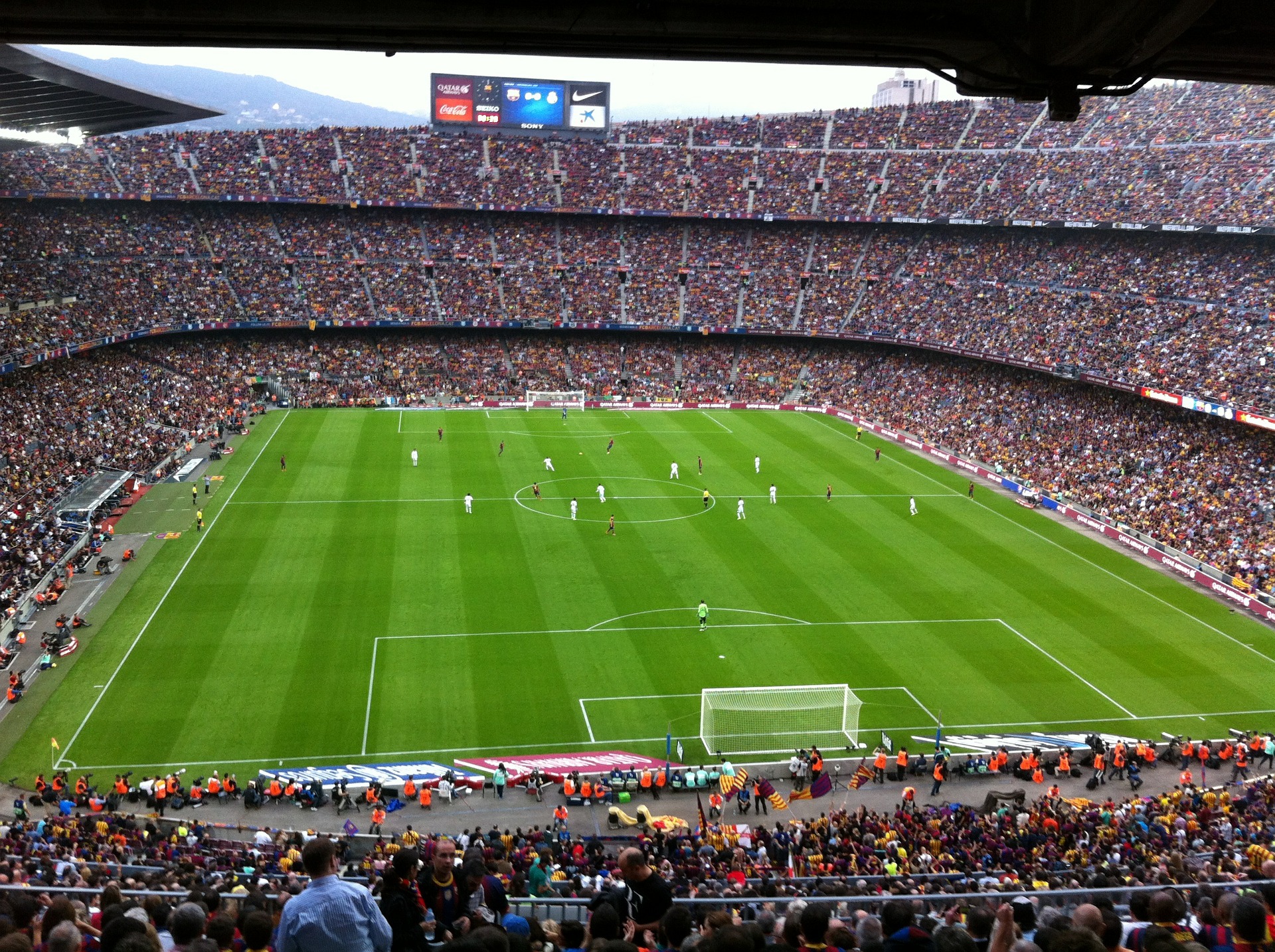 In addition, the events themselves provide for people to gather together in special moments where they are able to support a team. Oftentimes, fanship is like religion as children learn which team to support from their parents, making it a bonding activity that corresponds with the development of values and behaviors. And, like religion, when someone looks to break away from the family values, it is often done in an extreme way (potentially even supporting the rival team).
In addition, the events themselves provide for people to gather together in special moments where they are able to support a team. Oftentimes, fanship is like religion as children learn which team to support from their parents, making it a bonding activity that corresponds with the development of values and behaviors. And, like religion, when someone looks to break away from the family values, it is often done in an extreme way (potentially even supporting the rival team).
Finally, the way fúbol is treated as a sport is full of revere, almost as if the best players are something more than ‘normal humans;’ they are people to be celebrated (both with their extravagant salaries and fame). As someone who appreciates the game—and even plays—I understand the importance of good players, but the level of passion and intensity that comes along with this sport in Spain is, sometimes, beyond me. For me, it is easy to draw comparisons between how this country celebrates events like Semana Santa and la Copa del Rey (the Spanish league). The passion, dedication, and preparation behind these activities are distinct but somehow very similar.
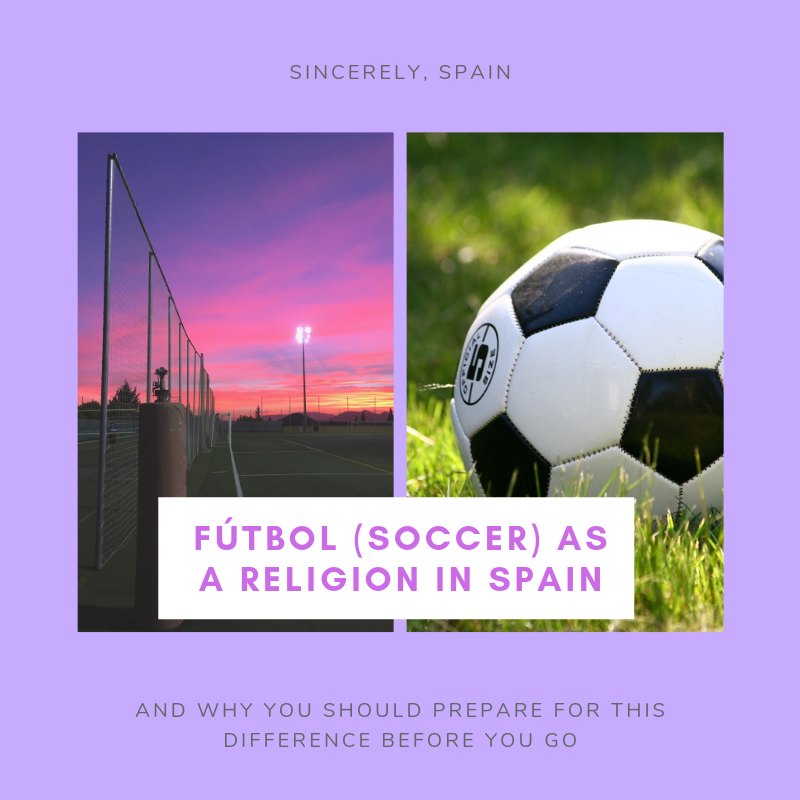 Now, I know that Spain is not the only country that treats fútbol like this (in fact, I found this great article by the BBC comparing World Cup photos to religious paintings), but it is the one where I have lived fútbol as a religion most, simply because it is where I have lived longest outside of the U.S. And maybe I am biased because I like this sport better than others or maybe I am ignorant because I don’t consider myself to be religious. However, if you are coming to Spain for short visit or to stay long-term, I would recommend preparing yourself for the impact this sport has on the country!
Now, I know that Spain is not the only country that treats fútbol like this (in fact, I found this great article by the BBC comparing World Cup photos to religious paintings), but it is the one where I have lived fútbol as a religion most, simply because it is where I have lived longest outside of the U.S. And maybe I am biased because I like this sport better than others or maybe I am ignorant because I don’t consider myself to be religious. However, if you are coming to Spain for short visit or to stay long-term, I would recommend preparing yourself for the impact this sport has on the country!
What do you think? What has been your experience with fútbol in Spain?
Sincerely,
Spain
*I don’t normally like Wikipedia as a source of information but, when I am only looking for the basics, it does just fine.


